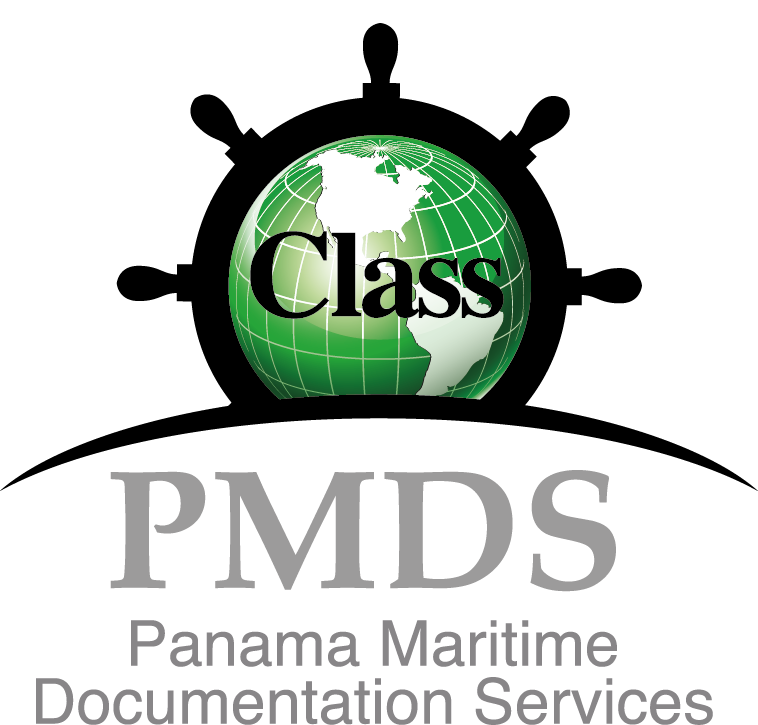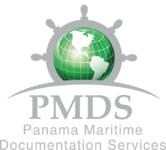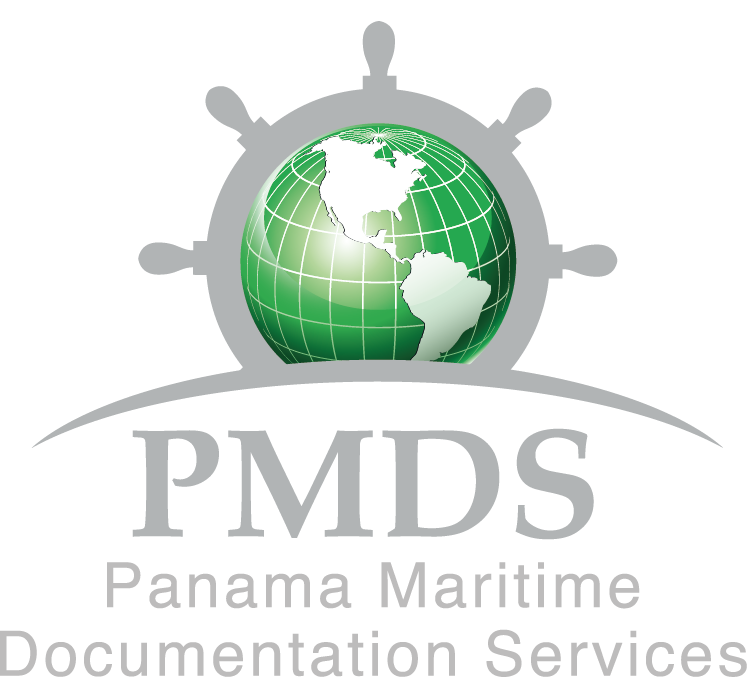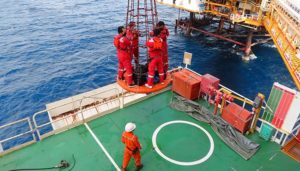
IMO IP Code
A growing offshore renewable energy sector (e.g. wind farms) has increased demand for ships which may combine transportation and accommodation of industrial personnel working offshore.
There are currently no international regulations for cargo ships carrying more than 12 personnel who are not engaged on board. Today, ships carrying more than 12 persons, not engaged on board, would be considered passenger ships under the SOLAS Convention. The non-mandatory SPS Code has, however, frequently been accepted by flag administrations for such vessels, instead of full passenger ship compliance, although the SPS Code is explicitly not intended to enable carrying persons not working on board. Furthermore, the SPS Code is not accepted by all flag administrations. These regulatory gaps have resulted in inconsistent application of requirements by the various flag administrations, and a confusing compliance regime for shipowners and operators.
The IMO has developed a new SOLAS Chapter XV and a related mandatory new IP Code for the carriage of more than 12 industrial personnel on cargo ships and high-speed cargo craft. The IP Code will intentionally fill and clarify the regulatory gap between SOLAS cargo ships and SOLAS passenger ships.
The new SOLAS Chapter XV and the IP Code were adopted in November 2022, and are entering into force on 1 July 2024.
About the requirements in the IP Code
Details:
The IP Code is to a large extent based on the Code of Safety for Special Purpose Ships (2008 SPS Code), with a few adaptations:
- Training: Requirements to the industrial personnel (age, fitness, language, training, and familiarization)
- Safe transfer: Requirements to the arrangement for the safe transfer of personnel
- Life-saving appliances: For HSC cargo crafts, illuminated or luminous notices or video information system(s) are to be provided for the IP personnel and a safety equipment sub-centre for the crew.
- Dangerous goods: If simultaneously carrying dangerous liquid chemicals and/or liquified gases as cargo in bulk and industrial personnel, be certified in accordance with SOLAS VII Part B or C or comply and be certified in accordance with the OSV Chemical Code (Resolution A.1122(30)) or a standard not inferior to it. Ships carrying toxic products, low-flashpoint products and acids are not allowed to have more than 60 persons on board in total.
Application to new and existing ships
The new IP Code will apply to new ships constructed after 1 July 2024 and to existing ships that have not carried industrial personnel prior to 1 July 2024, and which:
- Are of 500 gross tonnage and above, and
- Operate on international voyages, and
- Carry more than a total of 12 industrial personnel, special personnel and passengers combined.
Grandfather provisions will allow existing ships, which are already authorized by the flag administration to carry industrial personnel, to obtain an Industrial Personnel Safety Certificate by complying with parts of the IP Code, i.e. the provisions for training, safe personnel transfer, life-saving appliances and the carriage of dangerous goods.
The following deadlines apply:
- Cargo ships constructed before 1 July 2024 shall comply with the applicable requirements by the first intermediate or renewal survey, whichever occurs first, after 1 July 2024.
- High-speed cargo craft constructed before 1 July 2024 shall comply with the applicable requirements by the third periodical or first renewal survey, whichever occurs first, after 1 July 2024.
Source DNV
For additional information contact us : corporate@panamamaritime.com

 (507) 6780-7942
(507) 6780-7942
